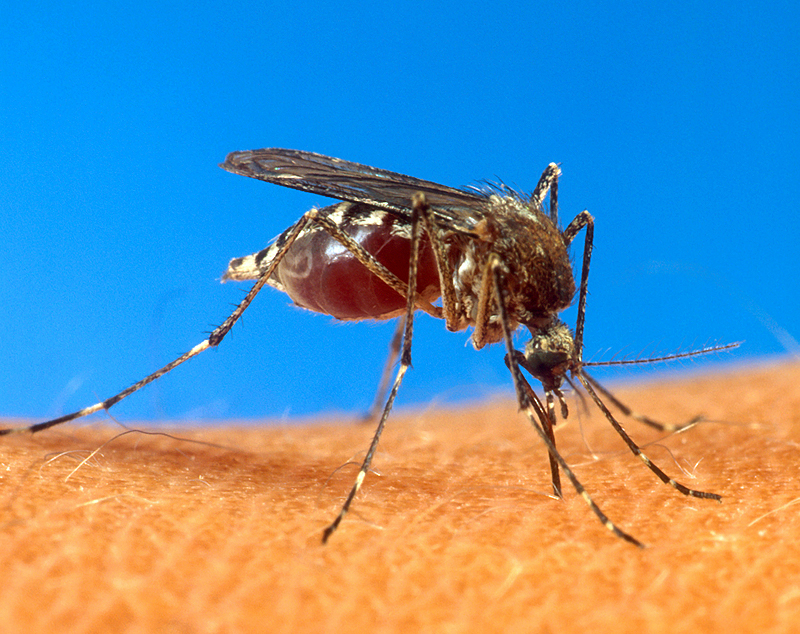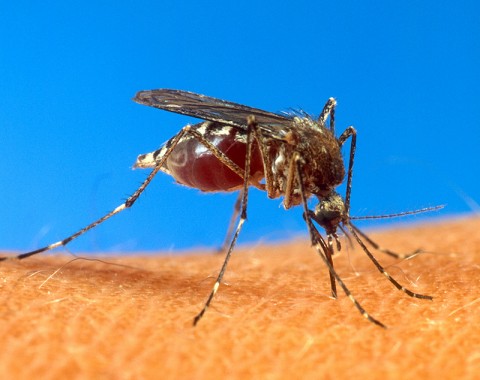“Fight the Bite” Strategies Crucial in Preventing Illness
 Nashville, TN – Across Tennessee, thousands of college students, members of faith organizations, healthcare professionals and others are planning spring or summer trips to warmer locations for fun and/or for mission work.
Nashville, TN – Across Tennessee, thousands of college students, members of faith organizations, healthcare professionals and others are planning spring or summer trips to warmer locations for fun and/or for mission work.
The Tennessee Department of Health cautions travelers headed soon to these warmer climates to have an increased awareness about diseases spread by mosquitoes and to make mosquito bite prevention an essential part of their trip planning.
TDH advises women who are pregnant or of childbearing age to especially understand the risk of contracting Zika virus disease, which has recently been suspected of association with microcephaly in newborns.Microcephaly is a birth defect in which an infant’s head and brain are smaller than normal. Complications of microcephaly may include a variety of developmental delays, physical distortion, challenges with coordination and balance, seizures and other life-long problems.
Because there is no vaccine to prevent Zika virus disease and no specific medical treatment for those who are infected, TDH urges all who may be considering travel to the growing number of countries where there is evidence of the disease being transmitted to have heightened awareness and to protect themselves and others from disease transmission. The list of affected areas includes many countries in the Caribbean and South and Central America. The list changes frequently; to see the most current list, go to the Centers for Disease Control and Prevention website www.cdc.gov/zika
“Zika virus, with its association with the birth defect microcephaly, is understandably very concerning and has captured all of our attention. Unfortunately localized transmission from imported cases is possible in Tennessee, adding to the burdens of other mosquito-transmitted diseases we experience, such as West Nile, La Crosse encephalitis and more rarely, dengue, yellow fever and Chikungunya that cause misery and sometimes worse,” said TDH Commissioner John Dreyzehner, MD, MPH. “But the good news is this: mosquito bites are entirely preventable. Prevention starts with wearing long, loose and light clothing; treating exposed skin with safe and effective repellents; and using clothing treated with permethrin in risk areas. Now, more than ever, we all need to ‘fight the bite.’”
TDH recommends the following
- Apply repellants to skin often; these can include lotions, liquids or sprays. TDH and CDC recommend use of repellants which contain DEET, Picaridin, oil of lemon eucalyptus or para-menthane 3, 8-diol and IR3535. Duration of protection varies by repellant; read labels on products to determine when reapplications are necessary for optimal protection. To learn more about insect repellants, visit http://cfpub.epa.gov/oppref/insect/
- Wear long, loose and light-colored shirts and pants and wear socks. Tucking shirts in pants and tucking pants into socks will help form a barrier. Wear closed shoes or boots instead of sandals.
- Treat clothing with permethrin or purchase pretreated permethrin clothing.
- In remote locations lacking window screens and/or air conditioning, the use of bed nets is advised. These should reach the floor or be tucked under the mattress.
- Avoid perfumes, colognes and products with fragrances that might attract mosquitoes.
“While public health and medical professionals have a good body of knowledge about many mosquito-borne diseases, there is still much to learn about Zika virus disease,” said TDH State Epidemiologist Tim Jones, MD. “We and our partners at CDC recommend pregnant women consider postponing travel to areas where Zika is currently known to be transmitted by mosquitoes and that those who must travel have a conversation with their healthcare provider first and take steps to prevent mosquito bites. Those who make efforts to ‘fight the bite’ can significantly reduce their risk of infection.”
Travelers with questions about Zika virus disease can find regularly updated information from the CDC at www.cdc.gov/zika/qa/index.html
The website addresses commonly asked questions about methods of transmission, Zika virus and animals, care for those who are infected, care for infants and children and other general topics.
About the Tennessee Department of Health
The mission of the Tennessee Department of Health is to protect, promote and improve the health and prosperity of people in Tennessee. TDH has facilities in all 95 counties and provides direct services for more than one in five Tennesseans annually as well as indirect services for everyone in the state, including emergency response to health threats, licensure of health professionals, regulation of health care facilities and inspection of food service establishments.
Learn more about TDH services and programs at www.tn.gov/health




